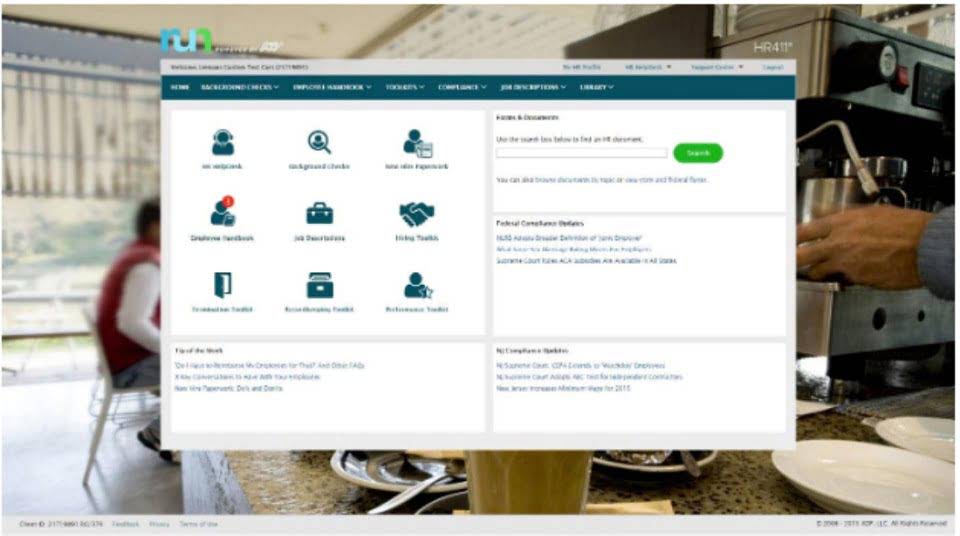
Trust funds should only be used for client-related expenses, such as filing fees, expert witness fees, and other costs related to a specific case. For example, you shouldn’t use trust funds to pay for office rent or other overhead expenses. Next, we will explore the common mistakes in trust accounting and how to avoid them. Generate invoices, manage trusts, integrate office accounting, and improve law firm finances. When client funds are held longer than a year, the duty to account annually can be overlooked. However, annual accountancy is an important part of a lawyer’s duty to keep clients advised of the account.
Asset Management
Staying updated on these trends is online bookkeeping vital for ensuring compliance with relevant regulations. This involves comparing the bank statements with the client’s ledger to ensure everything matches up. Any discrepancies must be addressed immediately to maintain accuracy and compliance. You may be surprised at the amount of lawyers and firms that aren’t managing their trust accounts properly. These attorneys are rolling the dice with their careers, their firm, and their clients’ financials.

Run a report to see the retainer amounts remaining for each customer
Both employees/teams should be responsible for balancing the accounts at the end of the month. The reality is that my accountant does not know the rules for the state bar. I alone had to Bookstime know all the rules – the current requirements and the new requirements when they come out. Yes, the best way to accept credit cards for your firm is with Tabs3Pay.
- The right trust accounting software will include built-in safeguards that prevent situations where necessary data isn’t readily accessible.
- Using the Tabs3 Trust Accounting Dashboard, you can easily stay on top of your Trust Account bank balances and quickly monitor any recent activity at a glance.
- Tabs3 Trust Accounting is simple to use because it features an easy-to-navigate user interface.
- Small and solo law practices should absolutely try it out, but it would certainly handle large practices as well.
- Clients, at the absolute bare minimum, should receive their client ledger at least once per year.
My trust account is 100% accurate
Violating this rule can lead to severe consequences, including disbarment. The procedure for setting up a lawyer’s trust account in QuickBooks Online (QBO) is similar to other versions of QuickBooks or other brand accounting software. But since QBO is the newest and fastest growing platform, this post with modified instructions from Intuit details the process step by step. This post assumes that the law firm has already modified its QuickBooks account settings to change “customers” to “clients”. Trust accounting is heavily regulated, and it’s essential that you stay compliant with all applicable rules and regulations. This includes understanding the specific requirements in your jurisdiction, such as record-keeping and reporting requirements, as well as any ethical rules that govern trust accounting.

- Our Best Legal Trust Accounting Software for Lawyers ensures full compliance by keeping client and firm funds separate.
- Understanding this concept helps lawyers identify key details within complex financial reports that may impact legal proceedings and bookkeeping.
- We’ve got you covered, be it trust account reconciliation, controlled monies management, statutory deposit account maintenance, trust end-of-month compliance, or trust end-of-year audits.
- Trust accounting rules and the regulations that govern it, can help you protect your clients and your reputation as a trustworthy and ethical lawyer.
- Along with billing issues, it’s also important to avoid reporting trust accounts as income.
- It is the easiest and most organized way to manage your law firm, clients, cases, billing, accounting and more.
- When your firm is the payer, 1099 information can be combined with your accounts payable information to create a combined 1099 form or electronic file.
Another crucial aspect is Materiality, which refers to the significance or relevance of an item within the context of an organization’s overall financial statements. Understanding this concept helps lawyers identify key details within complex financial reports that may impact legal proceedings and bookkeeping. Adherence to GAAP ensures transparency and consistency in financial reporting across different organizations, providing an overview of bookkeeping, balance sheet, and accounts. Maintaining client trust is paramount in any fiduciary relationship. Trust accounting helps build this trust by ensuring transparency and accountability.

I used to be anxious about a Bar audit, and now I trust accounting for lawyers have zero anxiety about that. Even the best legal billing software requires support and maintenance over time. A Maintenance Plan provides you with free technical support, software updates, and substantial discounts on upgrading Tabs3 Software to allow more users or gain more features. A Maintenance Plan or monthly subscription is required to use Tabs3 Software. Keep in mind that you can assign as many clients as necessary to each bank account so this should not pose a problem for most firms.
Stay Secure with Positive Pay
When used alongside our billing, accounts payable, and general ledger software for maximum benefit, Tabs3 offers you the most informative overview possible of your law firm’s financials. At its most basic, trust accounting is the bookkeeping of trust fund accounts. To protect legal clients’ best interests, the American Bar Association (ABA) and state bar associations maintain detailed guidelines and regulations about trust accounting. In addition, attorneys must follow state-mandated tax rules for managing trust accounts.
